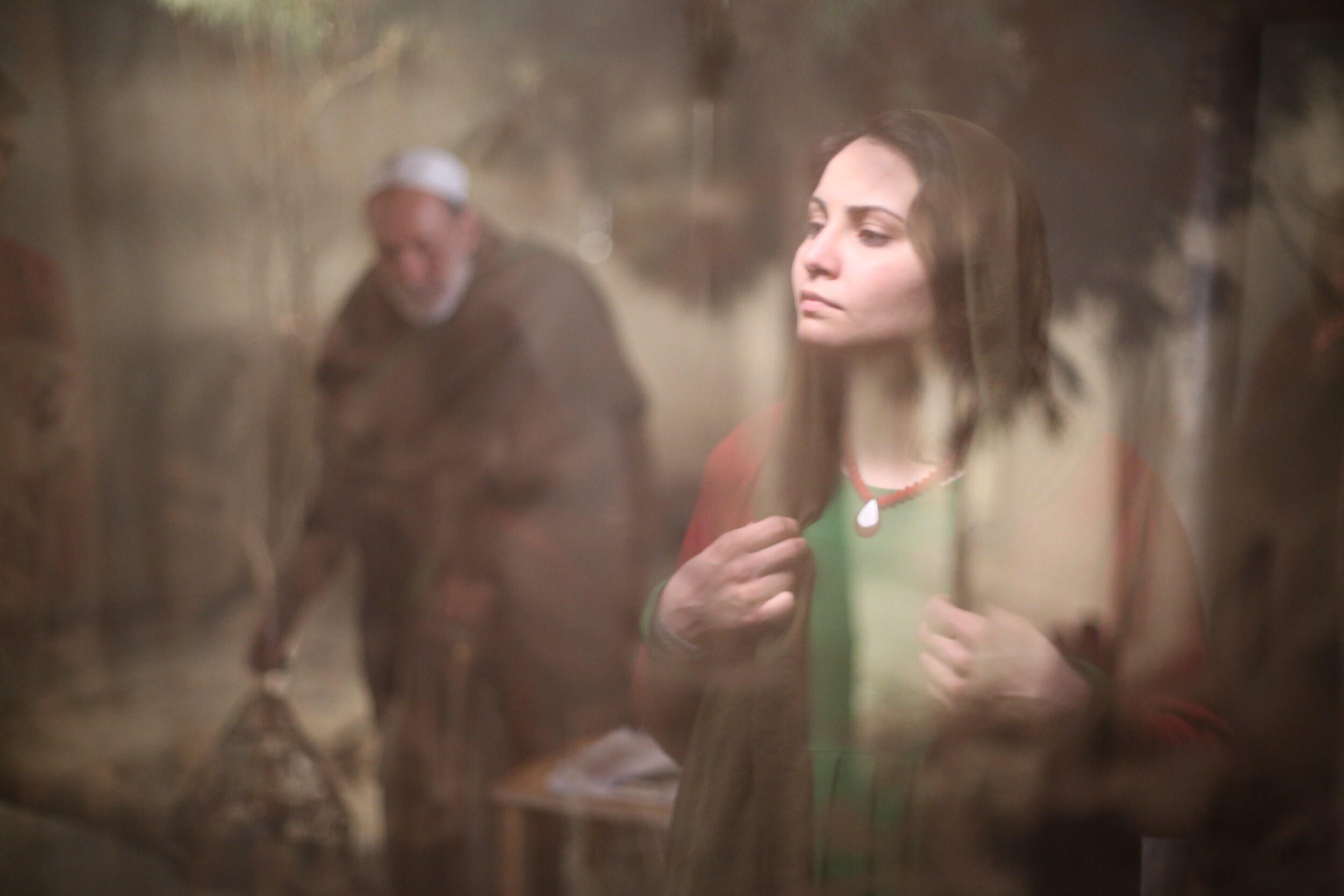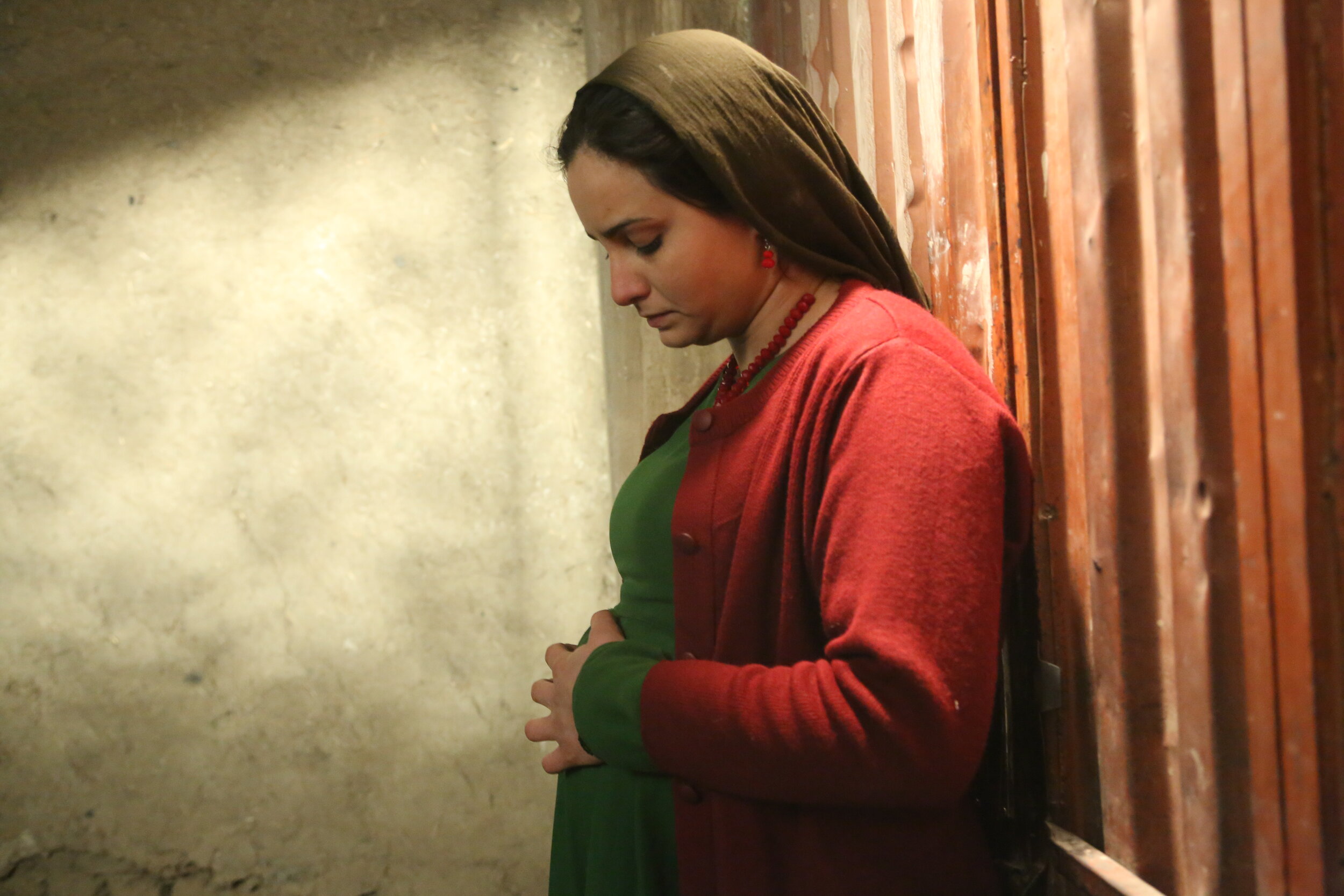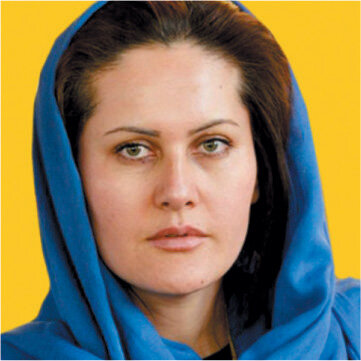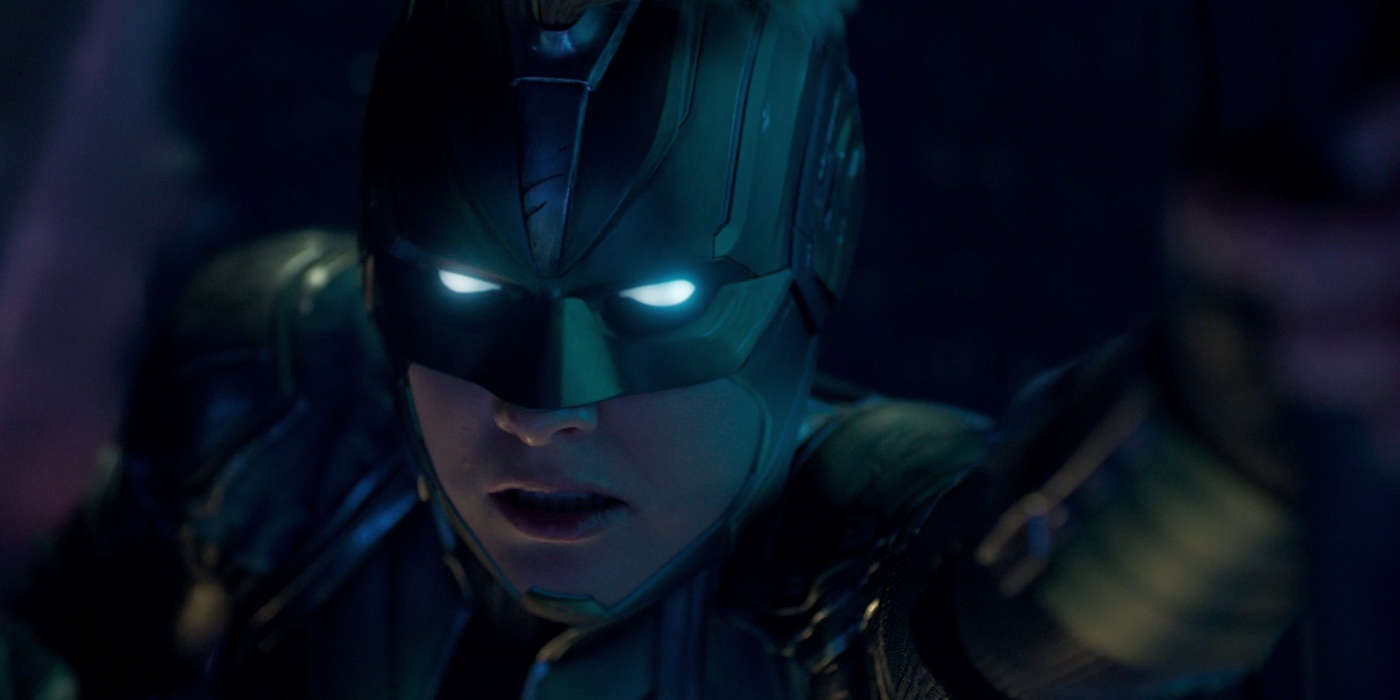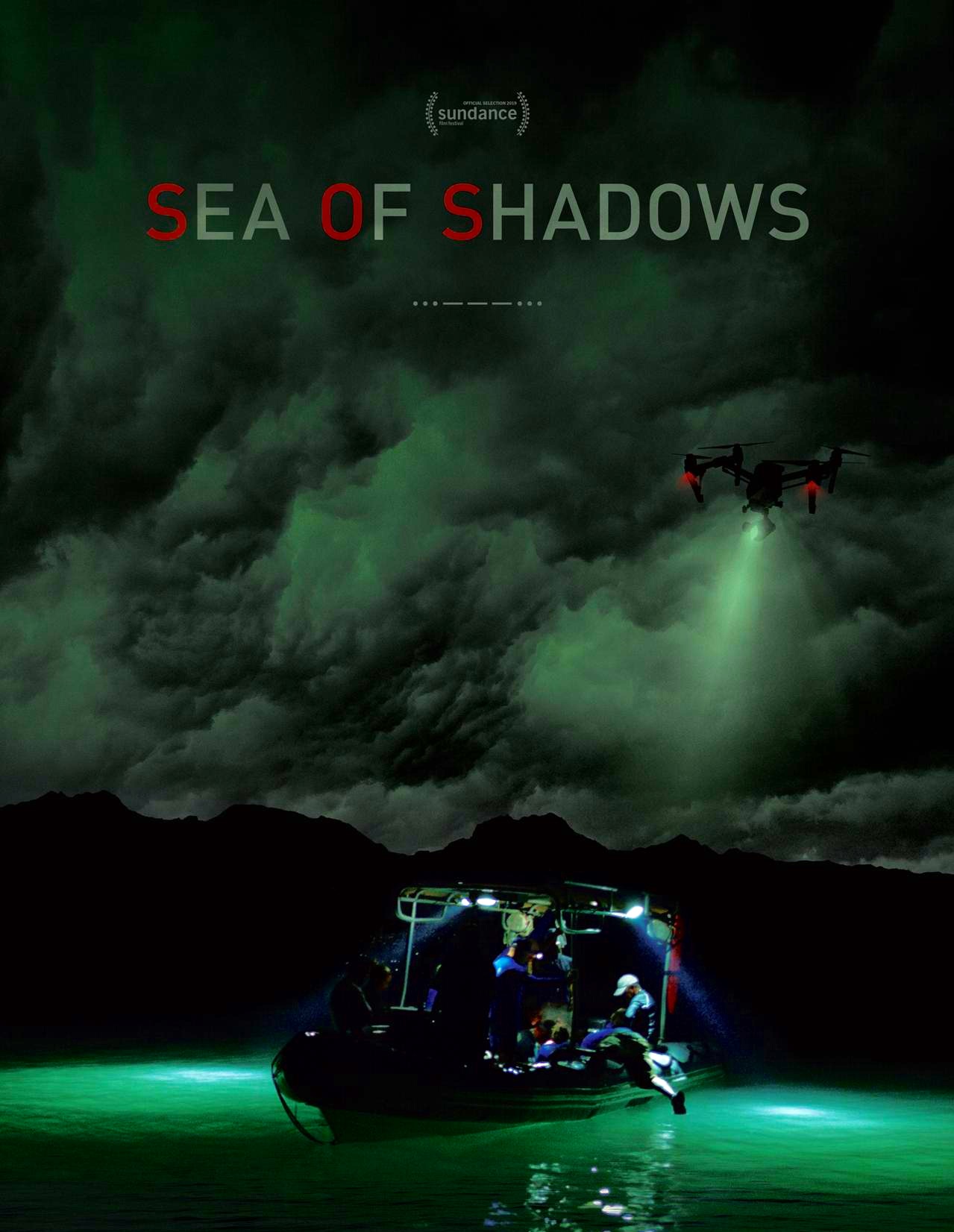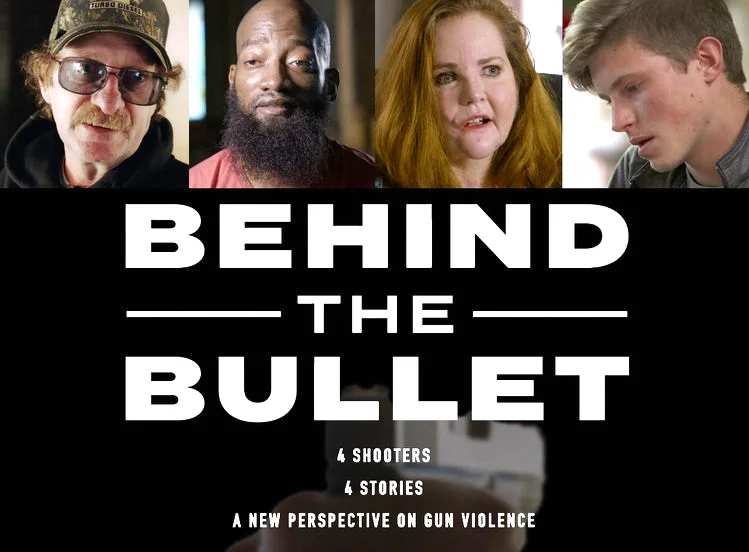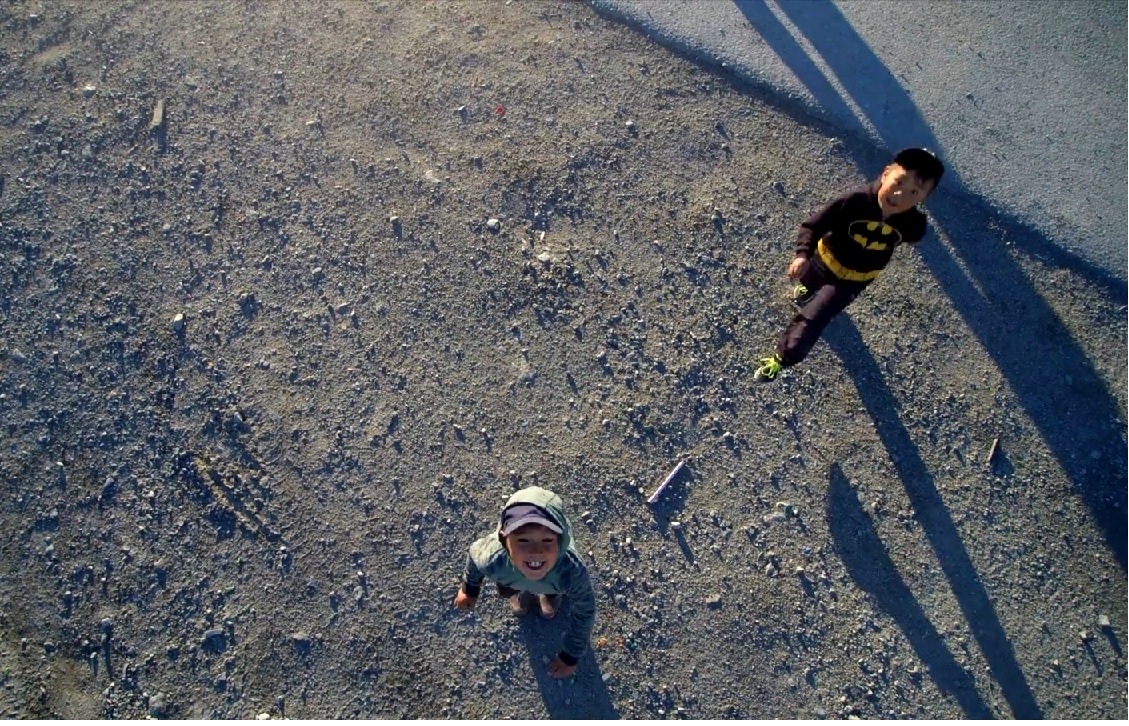The Other Lamb: A Captivating, Hypnotic Personification of the Distorted Masculine and Feminine
Source: IFC Films
Let me preface this review with the fact that I, generally, cannot stand Cult films. They overwhelmingly stand as an homage to the toxic masculine and its crushing, abusive, hold on the feminine. I’m a huge horror fan, so I’ve seen my fair share.
When The Other Lamb came across my inbox, I was hesitant (especially after seeing last year’s ridiculous Midsommar), but curious to see what a female writer and director had to say on this topic. Writer C.S. McMullen and Director Melgorzata Szumowska, along with Cinematographer Michal Englert created a haunting yet hypnotic feminine awakening into empowerment that I couldn’t wrest my eyes from.
What Has Been and Still Is
Religion, though coupled with fascinating stories and some good ideas, has, by in large, been a system created by men. Whether masked behind the premise of purity, godliness, and charity, religion has been used as a means of control, corrupted by the very people who lead it. The majority of religions also idealize the semblance of a masculine god.
Selah (Raffey Cassidy) is a young “sister” of a small commune lead by the mysterious, alluring, Jesus-like Shepard (Michiel Huisman). Shepard controls a group of women split into two sections; the wives and the sisters, The wives are pretty self-explanatory and their daughters, all the offspring of Shepard, become the sisters.
As the sisters grow, they are taught how wrong everything is about them and how pure and exemplary everything is about Shepard. When he chooses his newest wives out of the sisters, he consummates his “relationship” with them by giving them his “grace”. The sisters are taught that his attention and “love” are the pinnacle of their existence.
Selah is no exception. She is an impressionable, prepubescent devotee, unaware of the dangers lurking beneath Shepard’s handsome, seductive exterior. When he turns his gaze towards Selah, she is keen to become his next wife and bask in his beguiling light.
Source: IFC Films
Becoming
As the mysteries of the cult slowly start to reveal themselves to her, Selah finds herself in a downward spiral of realizations and disturbing visions. Being on the precipice of menstruation, Shepard starts eyeing Selah and giving her more responsibilities.
After an argument with another sister, Selah is sent to bring leftover food to the “impure” women in a hut. There she meets “The Cursed Wife” Sarah (Denise Gough), who is locked in with another woman due to the “shame” of “Eve’s curse”. Selah fancies herself as better and purer because she hasn’t gotten her period yet. Sarah assures her that her turn will come and that she will drop out of favor with Shepard as well.
When the police arrive at the commune one night, the group is forced to relocate. Shepard leads the group, on foot, on a long trek to find their new home. As trials plague the group along the way, Selah begins to see Shepard’s true colors and how he actually treats his wives. Sarah then becomes the veracity and mother figure Selah never had.
Selah, furthermore, uncovers the truth as to why there’s “only one ram in the flock”, even with plenty of births happening around her. She finds strength and camaraderie amongst her sisters, contrary to the competition that plagued them before. As Shepard’s cracks begin to show, all of the women start second-guessing their choices. Will Selah and her sisters be able to overcome and reconcile with the irreversible changes of the only life they’ve ever known?
Source: IFC Films
Feminine Rage
With the downfall and recent imprisonment of Harvey Weinstein, one of the most powerful men in Hollywood, it is of no surprise we’re finally seeing the release of films like this one. Feminine rage and unity put that vile predator in prison and with this successful outcome, we’re more likely to see others go down in that blaze.
Women are slowly becoming unwilling to stand for the pain and suffering imposed upon us by privilege and toxic masculinity. This rage has been seething for ages and, hopefully, will become a full-on fire that consumes the distorted masculine and feminine in its wake.
Each of the women in this powerfully made film is a different representation of the distorted feminine, created by the distorted masculine. They are women we see or know on a daily basis.
Selah benefits from the wisdom of Sarah, but each of the elders had a particularly grim learning curve that they had to endure to become awakened. Even after their awakening, they faced a deluge of insults and shunning from the collective group-a striking metaphor for all those in the world who awaken before the masses. Sarah also embodies those who feel trapped in the toxic masculine. When Selah asks Sarah why she never left the group she declares: “ Been here so long, I don’t know who I am”
What woman can’t relate to that statement at some point in her lifetime?
Source: IFC Films
In All Honesty…
This film is extraordinary.
From the very first scene the viewer is willingly sucked into its beauty. The locations chosen are simply exquisite, encompassing character, art and impeccable geometry to keep the eye engaged using, almost entirely, just nature. Englert’s cinematography is a shining paragon, that feeds and quenches the eye with an array of carefully chosen color, patterns and photography-like pictures. Not one shred of any scene is inessential, and, coupled with the editing, instills immediate enchantment that lasts throughout the film.
The range and extent of metaphor in this film is incredible. Every single frame is executed with precision, point, and expertise under Szumowska’s direction. There are no superfluous words spoken by the cast to stain the sheer perfection of the images set forth. Huisman’s Shepard is effortless and handsome. He forges a character who understandably magnetizes the young girls, especially those that haven’t known any other man.
Cassidy’s Selah is an accomplishment as well. She is a true star in the making. Her performance is indomitable, summoning the poise and focus of a young Saorsie Ronan or Romola Garai. She moves credibly through the ignorance and self grandeur of innocence into the spirited voice that could spark a revolution.
The one thing that would’ve made this film virtually perfect, is the inclusion of more women of color among the female cast. It would’ve created a powerful, visual metaphor for the white male’s grasp and toxic effect on women across the globe. In reality, no woman is excluded from it. In an age where whitewashing is finally starting to be challenged, every filmmaker and producer has a responsibility to intersectional inclusion whenever and wherever possible.
Still, this film stands defiant and rebelliously beautiful against mainstream’s chronic failure to bring audiences anything new. It is devastatingly stunning to watch; filled with copious symbolism and a screaming fire that builds in every scene between the words. It is the cry of the awakened feminine in us all, demanding that she will, indeed, have her day.
The Other Lamb opens April 3, 2020.


















